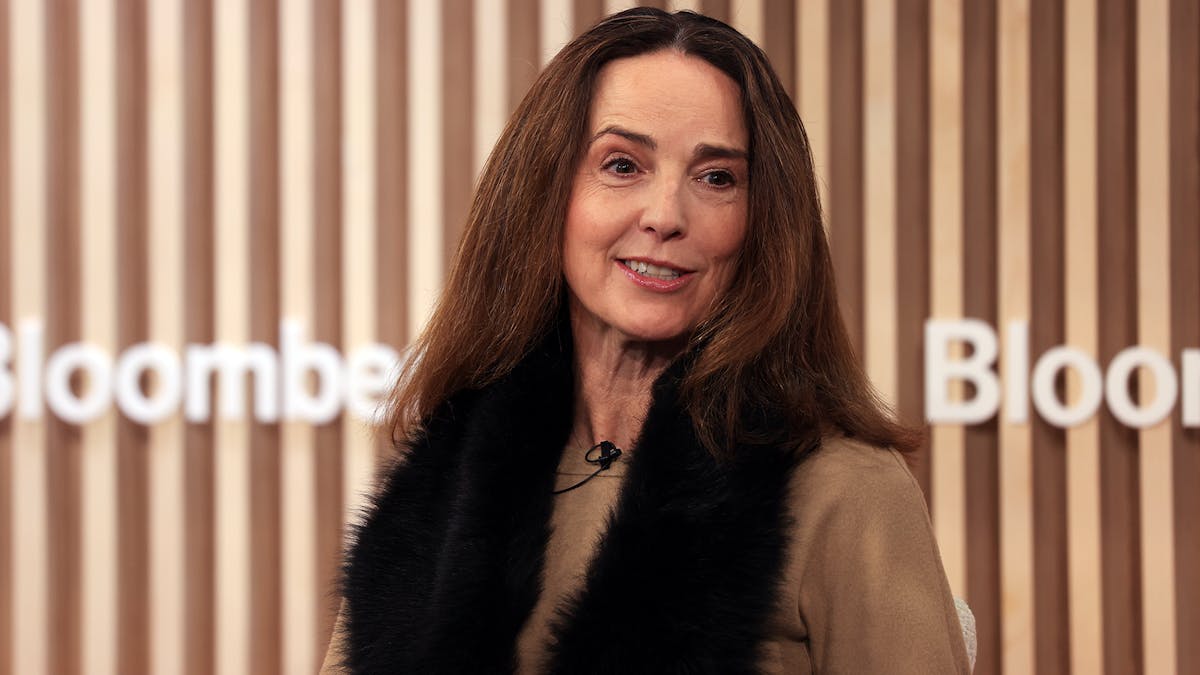OpenAI this week converted to a traditional equity company, which immediately renewed discussion about an eventual public listing. Reporting from The Information and industry insiders suggest an initial public offering may not happen until 2027 or later. That outlook reshapes how OpenAI approaches openai funding, product strategy, and relationships with strategic investors such as Microsoft.
Background: Why the structure change matters
Switching to conventional equity simplifies fundraising mechanics and makes future private rounds administratively straightforward. In practice, traditional equity allows the company to sell ownership stakes to new investors in exchange for capital. That change increases clarity around who provides capital and how governance settles, and it makes ai private fundraising news more relevant to enterprise customers, venture investors, and regulators.
Why more private capital is likely
- Rapid product expansion is driving higher capital needs to scale compute, model development, and commercial offerings. Searchers asking about openai funding round 2025 will find this context useful.
- Large strategic partners, notably Microsoft, have deep financial and contractual ties. The OpenAI Microsoft partnership and Microsoft Azure integration remain central to how capital and infrastructure flow.
- Going public brings regulatory scrutiny and shareholder pressure that can constrain long term research and product priorities. For frontier ai companies, staying private can preserve flexibility.
Key findings and details
- IPO timing: Sources suggest an IPO is unlikely before 2027. For readers searching openai ipo date this sets a multi year horizon for private capital to dominate financing.
- Governance shift: Traditional equity aligns OpenAI with standard venture and corporate investors, making future private rounds more familiar to backers and counsel.
- Strategic dependence: Large investors such as Microsoft can provide capital, distribution, and infrastructure while also influencing product roadmaps.
- Market signal: Remaining private preserves managerial flexibility to iterate business models and explore enterprise ai solutions without quarterly public market pressure.
Implications and analysis
For enterprise customers and partners
- Stability in development: Extended private funding can lead to steadier product roadmaps, allowing management to prioritize long term R and D over short term quarterly results.
- Vendor risk and dependency: Organizations that rely heavily on OpenAI technologies should monitor contractual terms and strategic alignments, especially given the OpenAI Microsoft partnership.
For investors and the AI ecosystem
- More opportunity in private markets: Venture capital and private equity investors may see continued chances to invest in growth rounds, sometimes at high valuations. Queries for ai private fundraising news and private equity ai startups will likely increase.
- Concentration of influence: Large strategic investors can steer technology priorities, which may accelerate commercialization in certain areas while deprioritizing others.
For regulation and public trust
- Delayed public oversight: Staying private postpones transparency requirements of public markets. Regulators and the public may need other mechanisms to ensure accountability for widely deployed AI systems.
Operational and competitive consequences
- Faster iteration and higher capital burn: Remaining private typically lets a company iterate quickly and invest aggressively in compute and talent, which increases capital requirements and may prompt further private raises.
- Competitive posture: Rivals may pursue deeper private funding or strategic alliances to keep pace with rapid product development in enterprise ai and generative AI offerings.
Frequently asked questions
Who invested in OpenAI in 2025
Public reporting highlights strategic investors such as Microsoft among the largest backers. For those tracking openai funding, look for new disclosures in private round announcements and filings that name venture investors or strategic partners.
When is OpenAI IPO expected
Most reporting indicates that an openai ipo date is unlikely before 2027. That means private fundraising rounds will likely shape the companys trajectory for several years.
How does the Microsoft partnership affect customers
The OpenAI Microsoft partnership offers distribution and infrastructure via Microsoft Azure, but it also creates vendor concentration risk that enterprises should evaluate when selecting AI providers.
Conclusion
OpenAIs move to traditional equity signals a period of continued private fundraising rather than an immediate rush to public markets. That path affects product strategy, investor opportunity, vendor risk, and regulatory oversight. Businesses and policymakers should prepare for an extended private phase while investors monitor private rounds for valuation and governance changes. The decisions made now could set a playbook for how frontier ai firms balance rapid product development, capital needs, and governance.




